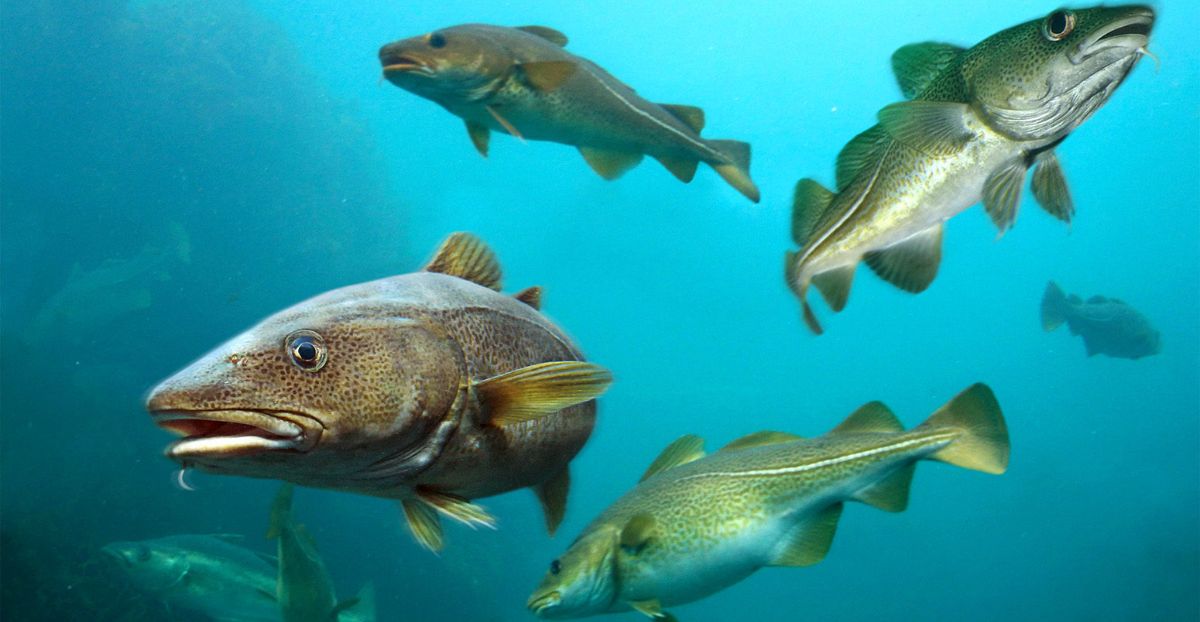News

Sound Exposure Does Not Affect Long-term Behaviour and Physiology in Fish
Oil and gas industries using airguns for offshore seismic exploration add to globally increasing anthropogenic noise levels in the marine environment. Until now little has been known about whether high-intensity sound pulses from airguns affect fish physiology and behaviour.
Field study on Atlantic cod and saithe
To investigate the effects of sound exposure from seismic airguns, a controlled short-term field experiment was conducted on two species: the Atlantic cod (Gadus morhua) and saithe (Pollachius virens). Both species are considered socioeconomically and ecologically important.
Leadless loggers used to record heart rate
The Star-Oddi leadless DST milli-HRT bio-loggers, recording heart rate and body temperature, were used to monitor free-swimming individuals during experimental sound exposures (18-60 dB above ambient). The loggers were used along with acoustic transmitters recording locomotory activity, i.e. acceleration, and depth.
Sound exposures unlikely to have an effect
Based on the data, the research group concluded that sound exposures are unlikely to be associated with long-term effects on physiology or behaviour of the fish. However, additional research is needed to fully learn what consequences the use of airgun in marine ecosystems have on the ecological environment.
The study was published in the journal Conservation Physiology in April 2019 and can be accessed here.
Picture: www.carbonbrief.org